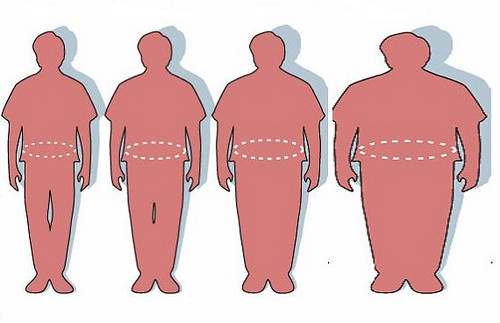 If there are currently more than seven billion people on earth and our total weight
If there are currently more than seven billion people on earth and our total weight
is estimated at 287 million tonnes, what are the implications for our
planet if population levels continue to rise concurrently with global fatness levels?
This notion is discussed in
a study published in BMC Public Health by Ian Roberts and colleagues,
who estimate that a staggering 15 million tonnes of this biomass is due to people being overweight, and 3.5 million tonnes is due to obesity. In their report, the researchers from the London School of Hygiene and Tropical Medicine argue that weight, and not just headcount, should be considered when looking at the impact of people on global resource requirements. Their study indicates that increasing population fatness could have the same implications for world energy requirements as an extra half a billion people of average body mass on earth, particularly if every country in the world had the same level of fatness as the United States.
Following this eye-opening study, the researchers suggest future research should assess the extent to which increasing biomass may affect food demands and pollution.
More on the publication can be seen in the news, including: The New Scientist, BBC News, ITV news, and The Telegraph.

Image credit:Flickr: Mike Licht
Nice to see this research highlighted in the August 1st issue of Nature…
https://www.nature.com/nature/journal/v500/n7460/full/500008d.html
[…] biomass : BMC Public Health estimates the total mass of the human population. Check out our blog BIGGER is not better for our planet for more coverage of this […]